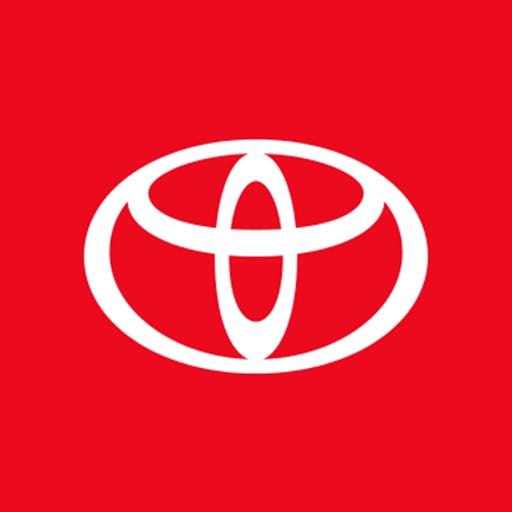

To enhance your ownership experience, this vehicle includes dealer-installed options and protection packages designed to provide added value and long-term peace of mind. These items are included in the vehicle’s final price.
A lifetime limited powertrain warranty, with complimentary 10-years of roadside assistance, and much, much more! View details here
See us for details about Glass Coat and Alarm Activation. For information about the Lifetime Warranty, click here. Lifetime Warranty does not apply to all-electric models (i.e., the Toyota bZ4X).




When it comes to buying or leasing a car the options can be confusing. To help you make an informed decision we have provided the information below. We hope you find it informative and useful. When you buy the new or used car you pay for the entire cost of the vehicle. When you lease the new or used car, you pay for only a portion of the vehicle’s cost, which is the part you use during the time you are driving it.
Whether you pay for the car with cash, or finance it and make monthly payments, either way it’s yours. Of course, if you’re financing it, you’ll have to meet the obligations the lender requires, like a certain down payment amount and timely monthly payments. If you don’t, they have the right to repossess it.
You do not own the car when you lease. You’re paying for the use of the vehicle, but the finance institution that you leased it through actually owns it. This is usually why you pay less per month in a lease than if you were to buy the car.
If you’re financing it, the bank will probably request a down payment. You can also trade-in another vehicle and use any equity towards your down payment. The amount of the down payment is usually based on the lender’s requirements and your credit score.
Leases often do not require any type of a down payment. All you usually have to pay is the first month’s payment, a security deposit, the acquisition fee and other fees and taxes. But, as with a purchase, if you want to lower your monthly payments you can always pay more upfront.
Your vehicle will be worth whatever you can sell it for in the future and that depends on how well you maintain it. (Be smart and protect your investment with regular scheduled maintenance by a factory-authorized facility!)
In most leases you don’t end up owning it so you don’t end up selling it. That’s the financial institution’s job. Although you may have mileage limits and wear and tear guidelines that, if you exceed them, could cost you extra money when you turn your vehicle back in.
Once you’ve paid off what you owe on your contract, that’s it. Your vehicle is 100% yours. The lending institution will send you a Lien Release as proof that the vehicle is completely paid off and all yours.
Most people return the vehicle at the end of the lease term. But some like to purchase it during their lease or at the end. Others like to trade it in before their lease is over. Just ask us about these different options before signing any paperwork and we’ll make sure you have your lease set up the way you want it.
This does not apply to buying a vehicle. View our Toyota dealership Toyota model research page to learn more about new Toyota vehicle specs, features, and more!
The best cars to lease are those with the best book value after the term of the lease. Since they depreciate less, you pay less. Review the lease ratings to see which cars retain their value.

| Monday | 9 AM - 7 PM |
| Tuesday | 9 AM - 7 PM |
| Wednesday | 9 AM - 7 PM |
| Thursday | 9 AM - 7 PM |
| Friday | 9 AM - 7 PM |
| Saturday | 9 AM - 7 PM |
| Sunday | 10 AM - 6 PM |
| Monday | 7 AM - 6 PM |
| Tuesday | 7 AM - 6 PM |
| Wednesday | 7 AM - 6 PM |
| Thursday | 7 AM - 6 PM |
| Friday | 7 AM - 6 PM |
| Saturday | 7 AM - 6 PM |
| Sunday | Closed |
| Monday | 8 AM - 6 PM |
| Tuesday | 8 AM - 6 PM |
| Wednesday | 8 AM - 6 PM |
| Thursday | 8 AM - 6 PM |
| Friday | 8 AM - 6 PM |
| Saturday | 9 AM - 5 PM |
| Sunday | Closed |